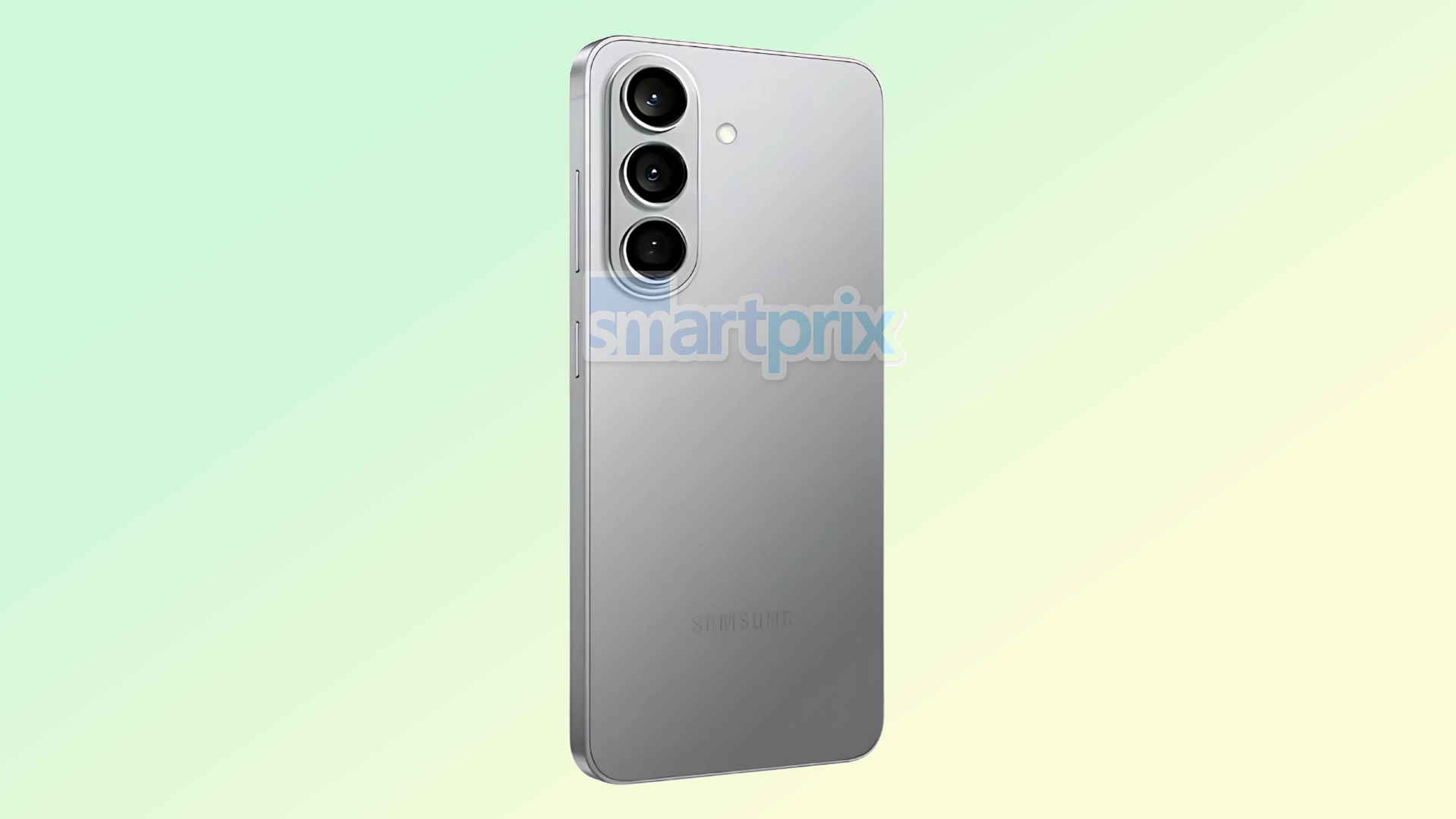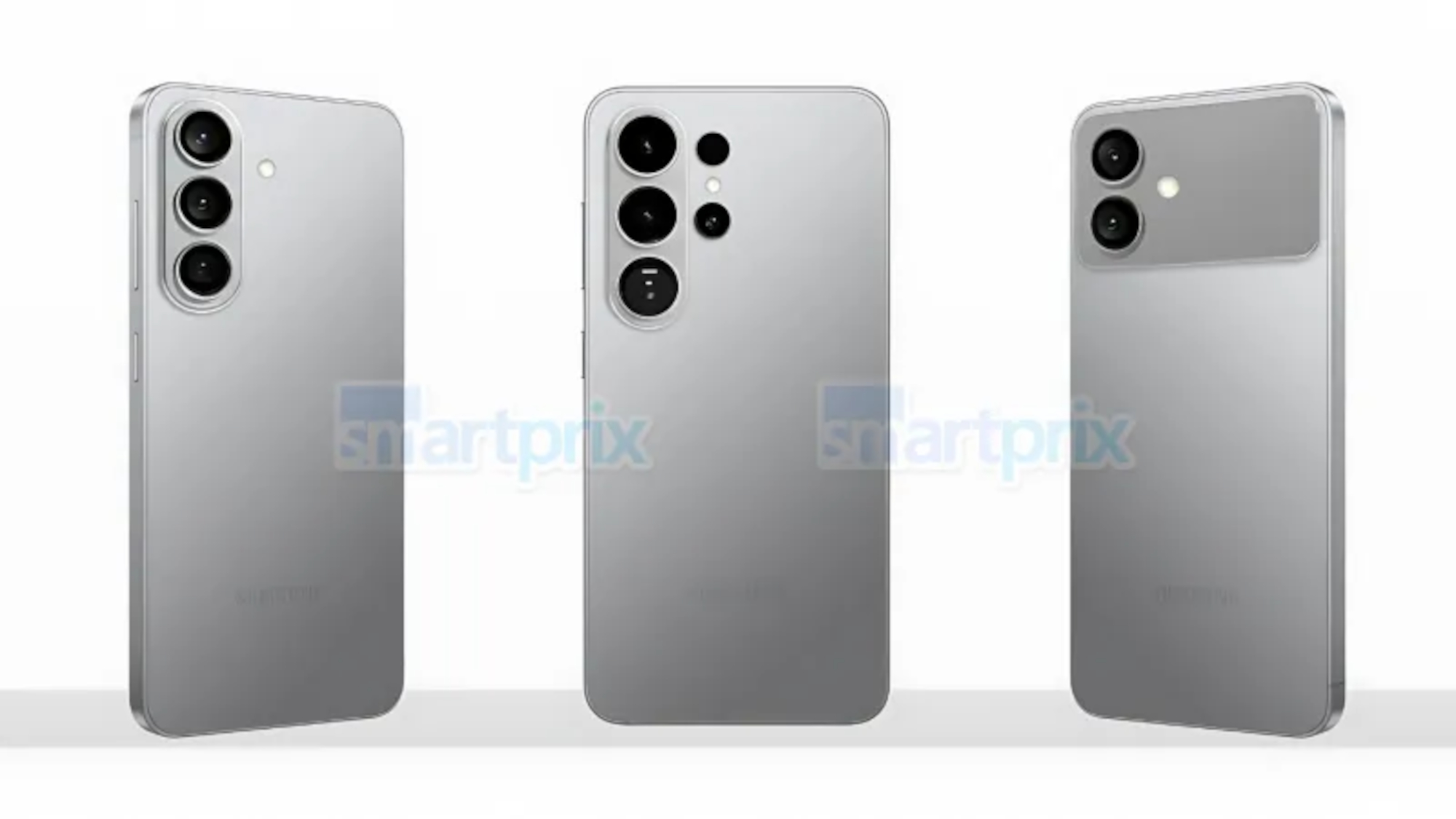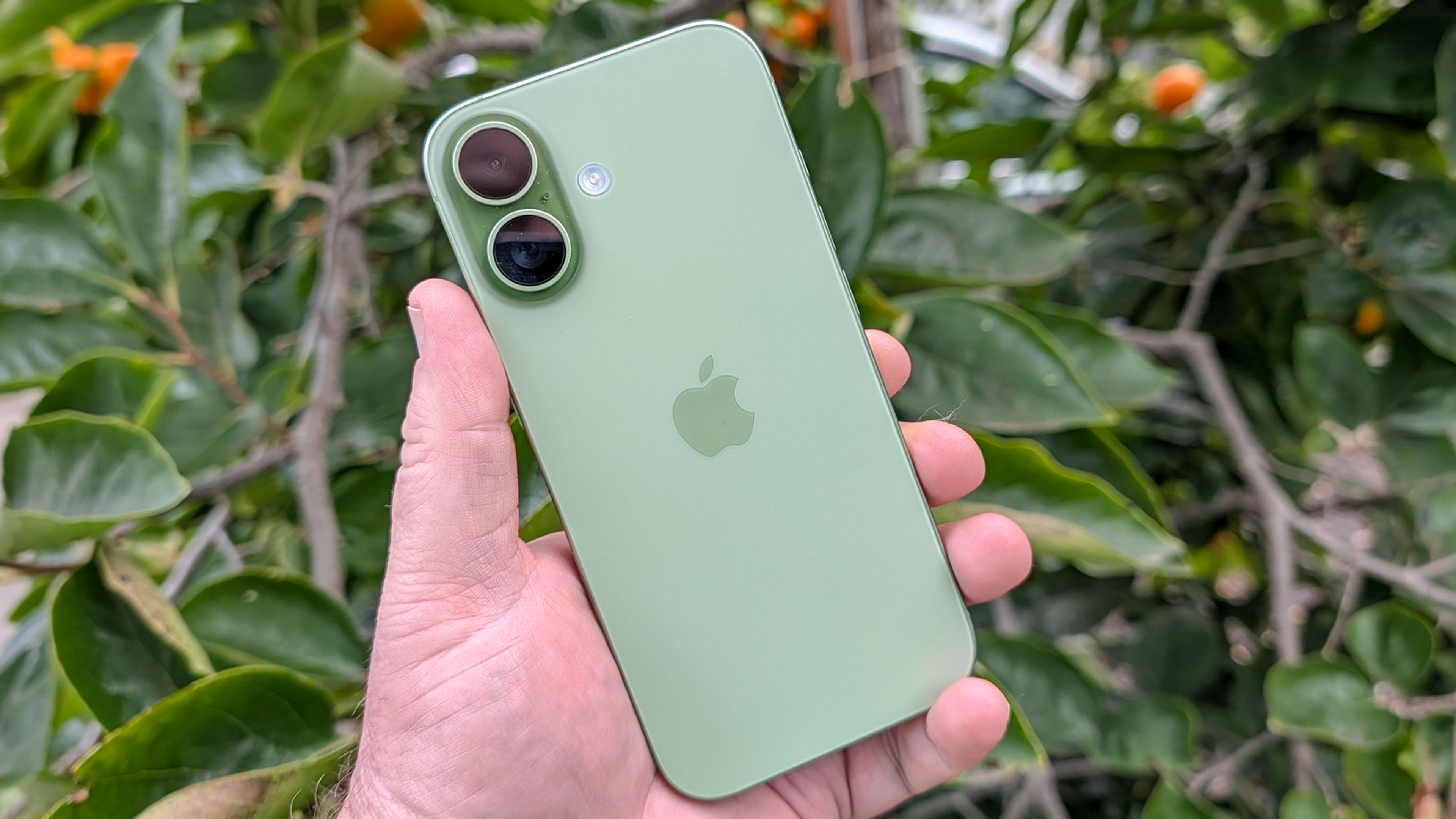Galaxy S26 could lag behind iPhone 17 and Google Pixel 10 because Samsung won't upgrade this feature
Samsung may not upgrade the Galaxy S26's display — and I don't get why

Here at Tom’s Guide our expert editors are committed to bringing you the best news, reviews and guides to help you stay informed and ahead of the curve!
You are now subscribed
Your newsletter sign-up was successful
Want to add more newsletters?

Daily (Mon-Sun)
Tom's Guide Daily
Sign up to get the latest updates on all of your favorite content! From cutting-edge tech news and the hottest streaming buzz to unbeatable deals on the best products and in-depth reviews, we’ve got you covered.

Weekly on Thursday
Tom's AI Guide
Be AI savvy with your weekly newsletter summing up all the biggest AI news you need to know. Plus, analysis from our AI editor and tips on how to use the latest AI tools!

Weekly on Friday
Tom's iGuide
Unlock the vast world of Apple news straight to your inbox. With coverage on everything from exciting product launches to essential software updates, this is your go-to source for the latest updates on all the best Apple content.

Weekly on Monday
Tom's Streaming Guide
Our weekly newsletter is expertly crafted to immerse you in the world of streaming. Stay updated on the latest releases and our top recommendations across your favorite streaming platforms.
Join the club
Get full access to premium articles, exclusive features and a growing list of member rewards.
If you're waiting on the Samsung Galaxy S26 to bring big changes to its display as part of its upgrades, then you may want to lower your expectations.
Long-established tipster PhoneArt (who you may know from his old username IceUniverse) has leaked/lamented that the Galaxy S26 series' displays, including the top Galaxy S26 Ultra model, will apparently have a 2,600-nit rated peak brightness.
This is unfortunate news since that's the same as Samsung promises for the currently available Galaxy S25 series. This figure is also noticeably lower than the promised 3,000-nit peak for all iPhone 17 models, or the 3,300-nit maximum of the Google Pixel 10 Pro and Pixel 10 Pro XL.
| Row 0 - Cell 0 | Galaxy S26 (rumored) | Galaxy S25 | iPhone 17 | Pixel 10 Pro |
Rated peak brightness (nits) | 2,600 | 2,600 | 3,000 | 3,300 |
Peak brightness as measured by TG Labs (nits) | N/a | 1,860 (Ultra) | 1,899 (Pro Max) | 2,555 (Pro XL) |
In our testing, the S25 series scored lower, with the Galaxy S25 Ultra scoring the highest among its siblings, as the table above shows. But the figures also demonstrate how the iPhone 17 Pro Max and the Pixel 10 Pro XL are ahead. The Pixel in particular is way out in front, the Pixel 10 Pro XL currently being the brightest phone we've tested.
Higher brightness is a good thing; it helps keep the display visible when outdoors or under hard lighting. Samsung neglecting to upgrade this would be a shame, but perhaps the worst part would simply be the S26 series visibly lagging behind its two main rivals.
New display, same old brightness
Interestingly, PhoneArt also says that the Galaxy S26 series could still use Samsung Display's latest M14 material, just without any impact to brightness. This is the same material used by Samsung and Google, and apparently offers phones a thinner display as well as increased potential brightness.

But there is one potential cause that could explain all of this: the alleged "Flex Magic Pixel" feature that apparently renders the display visible only to someone looking at the phone straight-on. This privacy glass-like feature would more than make up for a lower brightness, similar to how the Galaxy S25 Ultra's anti-reflective display layer helps with outdoor visibility.
Get instant access to breaking news, the hottest reviews, great deals and helpful tips.
In terms of more noticeable changes to the Galaxy S26 series, we could see speedier charging for the Ultra, improved camera sensors and processing and an altered, rounder design, going by current rumors. Powering the S26 family will be either the latest Snapdragon 8 Elite Gen 5 chipset, or Samsung's own Exynos 2600 chip, although which one you get could depend on the model in question and which region it's being sold to.
While we can safely assume that the Galaxy S26 will arrive early next year, precisely when is unclear right now. While we could assume a January launch as we've seen for the most recent Galaxy S generations, other sources claim that the S26 series will launch at the end of February, later than usual.

Follow Tom's Guide on Google News and add us as a preferred source to get our up-to-date news, analysis, and reviews in your feeds.
More from Tom's Guide
- My dad just bought a new phone — as a tech journalist, here's what I make of his choice
- Smartphone cameras have stalled — so I asked the experts what new innovations are coming
- I would skip pricey flagships for your next upgrade and get one of these cheaper phones instead

Richard is based in London, covering news, reviews and how-tos for phones, tablets, gaming, and whatever else people need advice on. Following on from his MA in Magazine Journalism at the University of Sheffield, he's also written for WIRED U.K., The Register and Creative Bloq. When not at work, he's likely thinking about how to brew the perfect cup of specialty coffee.
You must confirm your public display name before commenting
Please logout and then login again, you will then be prompted to enter your display name.
 Club Benefits
Club Benefits










